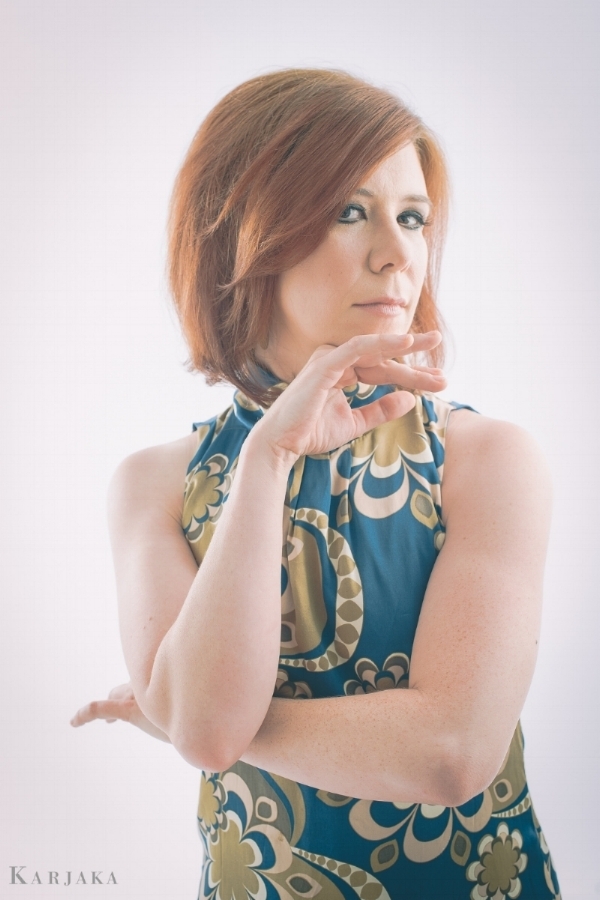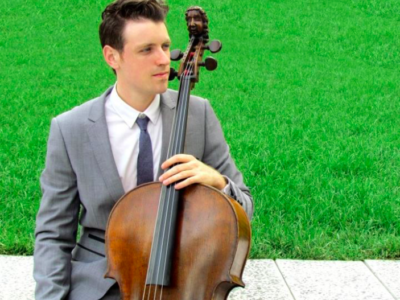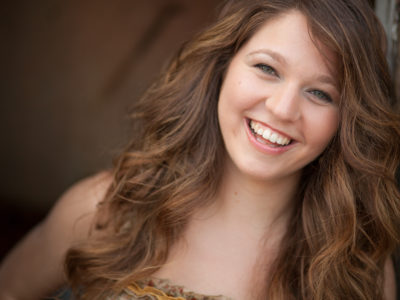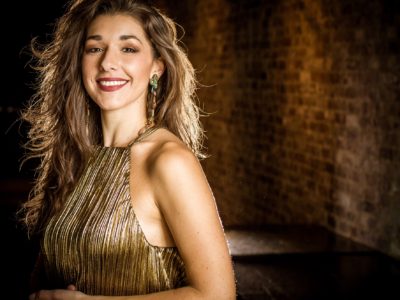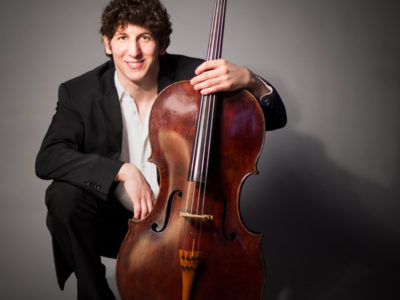Meet our artist of the week – Brilliant Pianist and Doctor of Music, Jessica Xylina Osborne. Jessica will take us on a journey discovering The Life and Music of the Great Female Composers.
.
.
.
We loved chatting with Jessica about how she came to be a pianist and her upcoming concert featuring the music of female composers throughout the ages. Check out the full interview below!
.
.
.
MusicTalks: Let’s start with the most obvious question: how did you start playing the piano?
Jessica Osborne: My mother! She was a wonderful pianist and my first piano teacher. One of the most exciting parts of this concert for me is that I will be performing it on my mother’s piano, a beautiful 1955 Steinway Concert B that she left to me when she passed away in 2004. It’s the piano that I first learned to play on and always reminds me of her, so it’s like she is here with me for this concert, which makes it extra-special for me.
MT: How do you go about learning and preparing a piece of music for performance? What is your process?
JO: It really depends on the piece. For example, the Grondahl pieces on this program came quite naturally to me- they just suit my own particular technique very well. Most of the composers on this program are or were pianists themselves, so every composer’s piece fits in the hands according to her own idiosyncratic way of approaching the instrument. The Clara Schumann works are the most technically challenging- one can tell that she was really a great virtuoso! The Prelude and Fugue that I’ll be performing is quite a beast for a 3-minute piece. I approached it the way I would a Bach prelude and fugue, deconstructing it voice by voice then gradually putting everything back together, so that the integrity of each individual voice is maintained while contributing to the whole.
MT: What is your favorite music to play?
JO: I adore music that is multilayered and texturally challenging. The Saariaho piece that I’ll be performing- her Prelude, from 2007- is a great example of this. She really explores all of the colors that the piano is capable of producing in what one could almost call a Neo-Impressionistic way. I have also always found a special affinity with Russian music, so when I discovered the Gubaidulina Chaconne a few years ago, I was so excited to learn it!
MT: What inspired you to create a the program you will be performing on 3/25 – Celebration of Female Composers?
JO: In 2015, I was brainstorming the program I was going to perform at Yale for my final DMA (Doctor of Musical Arts) recital. I had felt for years that there was so much neglected great art that deserved attention, and had made a point of programming works that weren’t often performed. For my final recital there, I decided to look into music written by women and see what I could find. I was delighted to discover that there is a treasure trove of music that is virtually never performed, not because it isn’t great music, but because…. well, because it is never performed. Students at conservatories program the same 20 or so works every year, all written by men, which lends itself to the prevailing attitude: “Well, no one performs music by women, so it must not be worth performing”. In 2018, I feel there has (finally) been a shift in attitude towards women composers. Great strides are being made around the world to include current works written by women composers on concert series, although we still have a long way to go before equality is achieved. What I hope to achieve with this project is to provoke the reaction, “Why have I never heard this music before?”
MT: What has been the highlight of your career so far?
JO: I have to say, discovering the wealth of music written by women has been a real eye opener for me. There is music that has only been performed a handful of times despite being hundreds of years old. So this project is way up there in terms of what it has done for me as a pianist, a musician, and, well, a woman!
MT: What is the greatest challenge of being a pianist in NYC?
JO: This is a big place full of amazing pianists. It’s tough to stand out. I spent a few years hoping someone would notice me if I played my heart out. I think people did, but it’s not gonna put butter on your bread to just play well: you have to carve out your own niche and thrive in it! I guess I’d say that is the challenge and the gift of living here: the city really has a way of bludgeoning you into either giving up or finding your way. Then you have to continually find ways to keep what you do fresh. No biggie!


